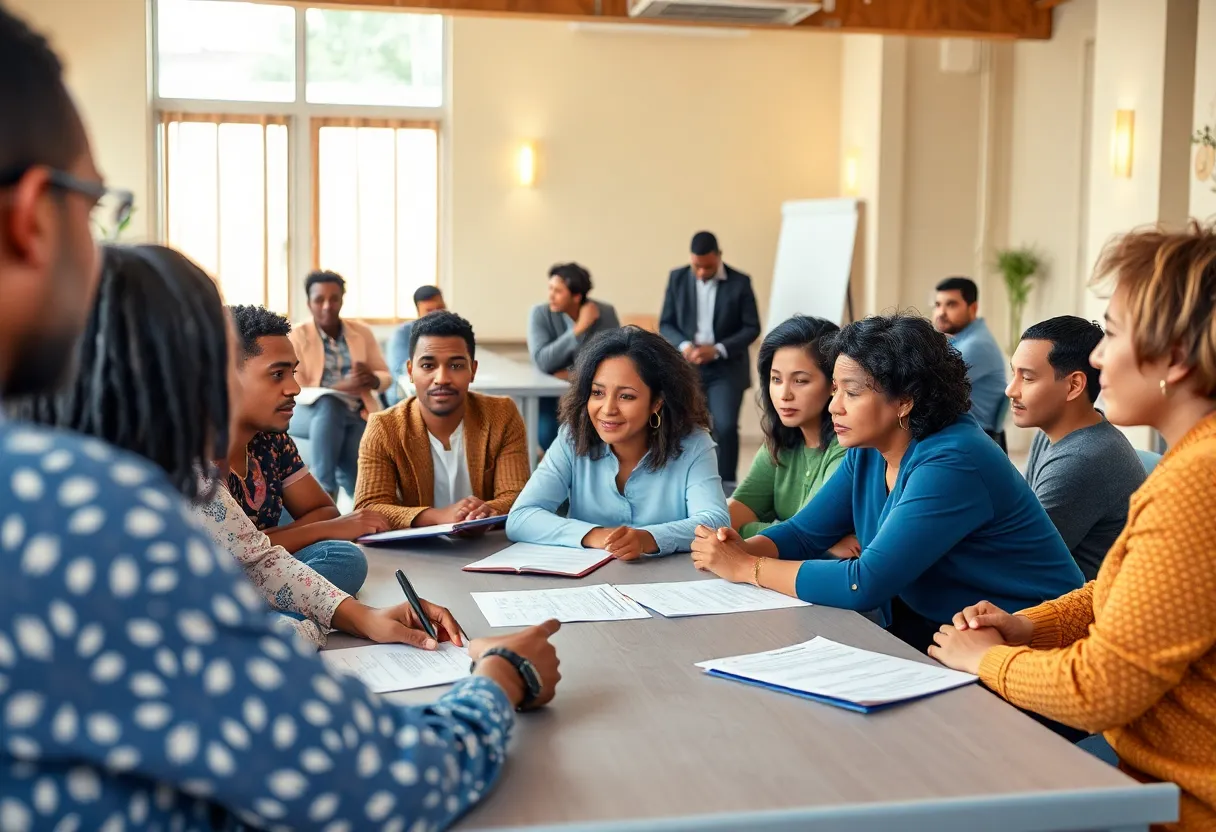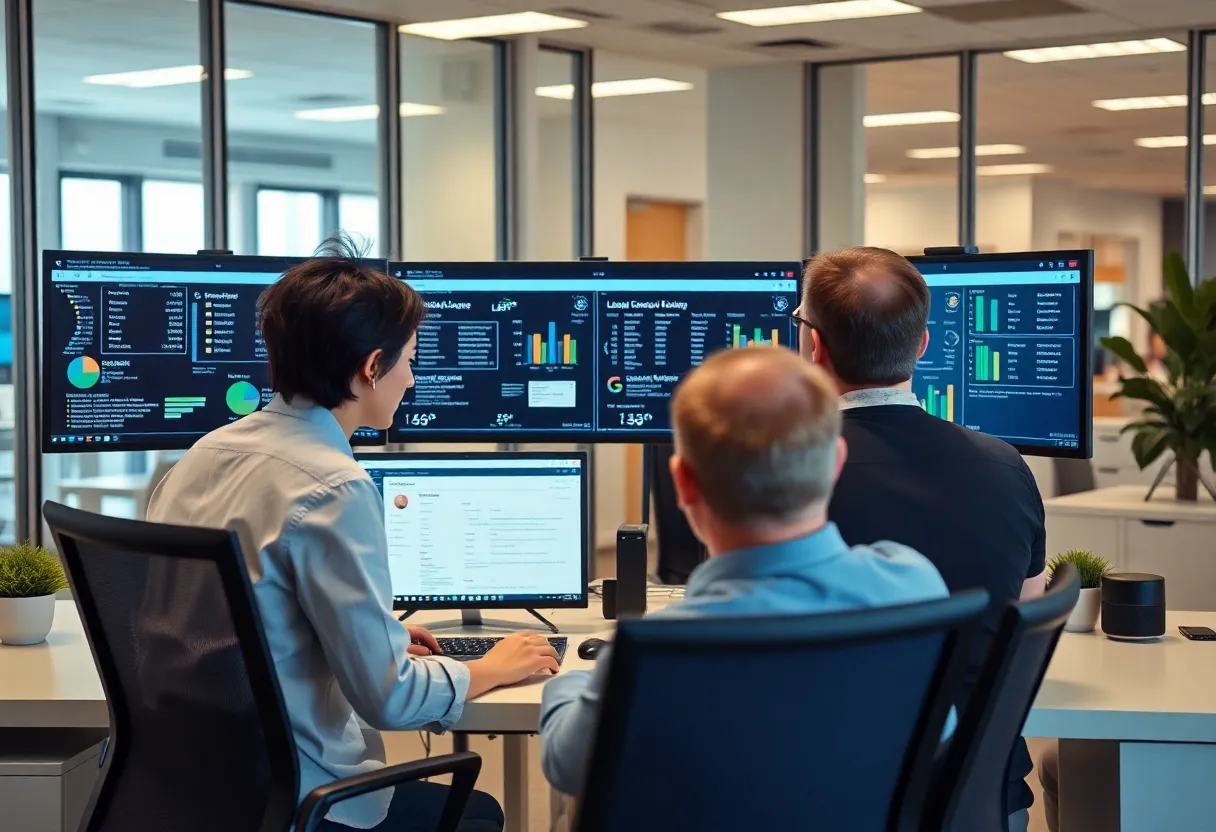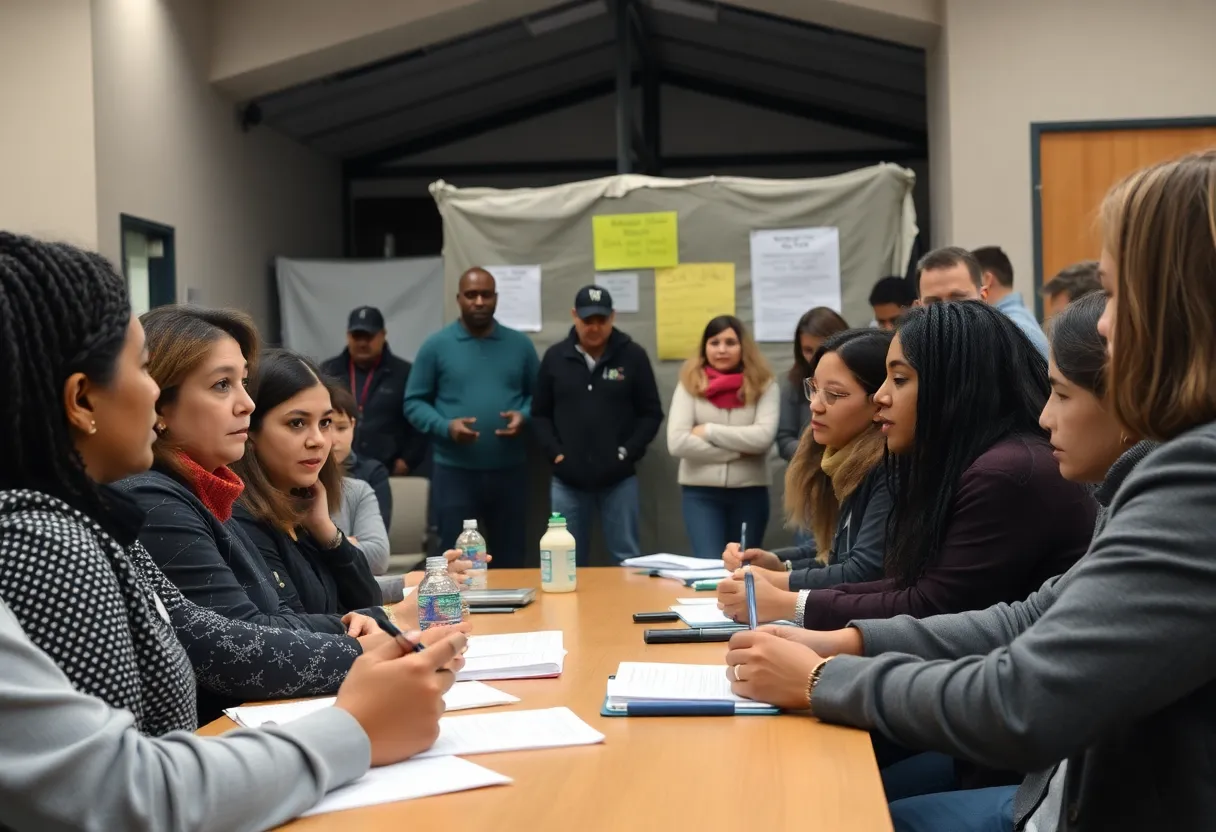News Summary
In response to the recent wildfires, the Hoʻōla iā Mauiakama Long Term Recovery Group has introduced a transformative training program aimed at enhancing community resilience. This eight-module Disaster Case Management initiative trains staff from four local organizations to support disaster survivors effectively. Participants will gain critical skills to navigate recovery challenges, ensuring they provide personal, empathetic assistance. The program’s immediate success is evident, as trained case managers have already started to positively impact their communities. Support from governmental bodies and local organizations further strengthens this initiative.
The Heart of Recovery: New Training Program Cultivates Community Resilience
In a heartwarming effort to support those affected by the recent wildfires, a transformative training program has been launched, focusing on long-term disaster recovery. This initiative is spearheaded by the Hoʻōla iā Mauiakama Long Term Recovery Group (often simply referred to as Hoʻōla iā LTRG), and is designed to equip staff members from multiple organizations with critical skills needed during tough times.
An Empowering Experience
Recently, Hoʻōla iā LTRG hosted an amazing eight-module Disaster Case Management training program. A total of 17 dedicated staff members from four local organizations, including Hawaiʻi Community Lending, Kaibigan ng Lahaina, and Roots Reborn, participated in this important initiative. The main goal? To develop essential skills that would help those impacted by disasters to navigate their recovery journeys more effectively.
Guiding this training were the remarkable Jessica Farmer and Carlene Anders from the Disaster Leadership Team, who emphasized a holistic approach. They shared insights that will allow the case managers to play a pivotal role by serving as the primary contacts for survivors grappling with the chaos that often follows disasters. The case managers will help those affected to navigate complex needs, access available resources, and advocate for their long-term well-being.
Commitment to Community
Rhonda Alexander-Monkres, the executive director of Hoʻōla iā LTRG, highlighted the profound commitment that disaster case management represents. It’s about standing strong with survivors until they find their way home again, making it a journey of trust and transformation for the community.
But it’s not just about skills and resources; it’s about heart, language, and lived experiences. Those qualities are expected to become the cornerstone of how case managers support the community, ensuring that each interaction is not just transactional but deeply personal.
Quick Results from New Knowledge
Stephanie Espiritu from Hawaiʻi Community Lending shared how the training improved their clients’ overall service experience. Similarly, Veronica Mendoza-Jachowski from Roots Reborn expressed hope that such initiatives could inspire programs across the nation. In this way, the training session has sparked conversations beyond local boundaries, igniting a wave of support and community resilience.
Remembering the Community
The participants, like Sieny Corpuz from Kaibigan ng Lahaina, noted the renewed responsibility that comes with this training. It’s a duty to ensure that community members are not forgotten in their time of need, and this program is just one piece of a much larger puzzle.
h4>Government Support Efforts
In tandem with these local efforts, government support is also coming into play. The U.S. Department of Labor has awarded $2.5 million to support ongoing employment and training services for those impacted by the wildfires. This funding is part of a larger $21 million Disaster Recovery Grant, which aims to assist with cleanup and recovery activities.
Meanwhile, the Maui Recovery Funders Collaborative (MRFC) has emerged as a beacon of hope, designed to streamline disaster recovery funding. This collaborative effort has already raised over $19 million for local organizations, ensuring that funds are directed in ways that genuinely address community needs.
Fostering Sustainable Solutions
The MRFC focuses on immediate relief and long-term resilience strategies, emphasizing community-driven solutions and ensuring that local voices are heard in the shaping of funding priorities. This adaptability is crucial as communities evolve and face new challenges along the road to recovery.
Organizations like Kaiser Permanente have stepped up too, contributing to initiatives that promote wellbeing, including a behavioral health resiliency center and ongoing research such as the Maui Wildfire Exposure Study.
In summary, this concerted effort to provide training and support speaks volumes about the strength and tenacity of community members. With a focus on comprehensive support and fostering resilience, Hoʻōla iā LTRG and its partners are lighting a path forward. It’s a powerful reminder that together, communities can rebuild and flourish in the wake of disaster.
Deeper Dive: News & Info About This Topic
HERE Resources
Hawaii’s Attorney General Fights for FEMA Fire Relief Funds
States Unite for Federal Aid Amid Maui Wildfires Crisis
FBI Issues Urgent Warning on Medusa Ransomware Threat
Emergency Management Calls for Overhaul in Disaster Management
Additional Resources
- Maui Now: Hoʻōla LTRG Trains Local Disaster Case Managers
- Hawaii Business: Philanthropy Reimagined in Disaster Recovery
- Maui Now: Maui Emergency Management Agency Progress
- Spectrum Local News: Federal Funds for Maui Disaster Relief
- Insurance Journal: Maui Recovery Funding Updates
- Wikipedia: Disaster Recovery
- Google Search: Maui Disaster Recovery
- Google Scholar: Maui Wildfires Disaster Management
- Encyclopedia Britannica: Disaster Relief
- Google News: Maui Disaster Recovery







